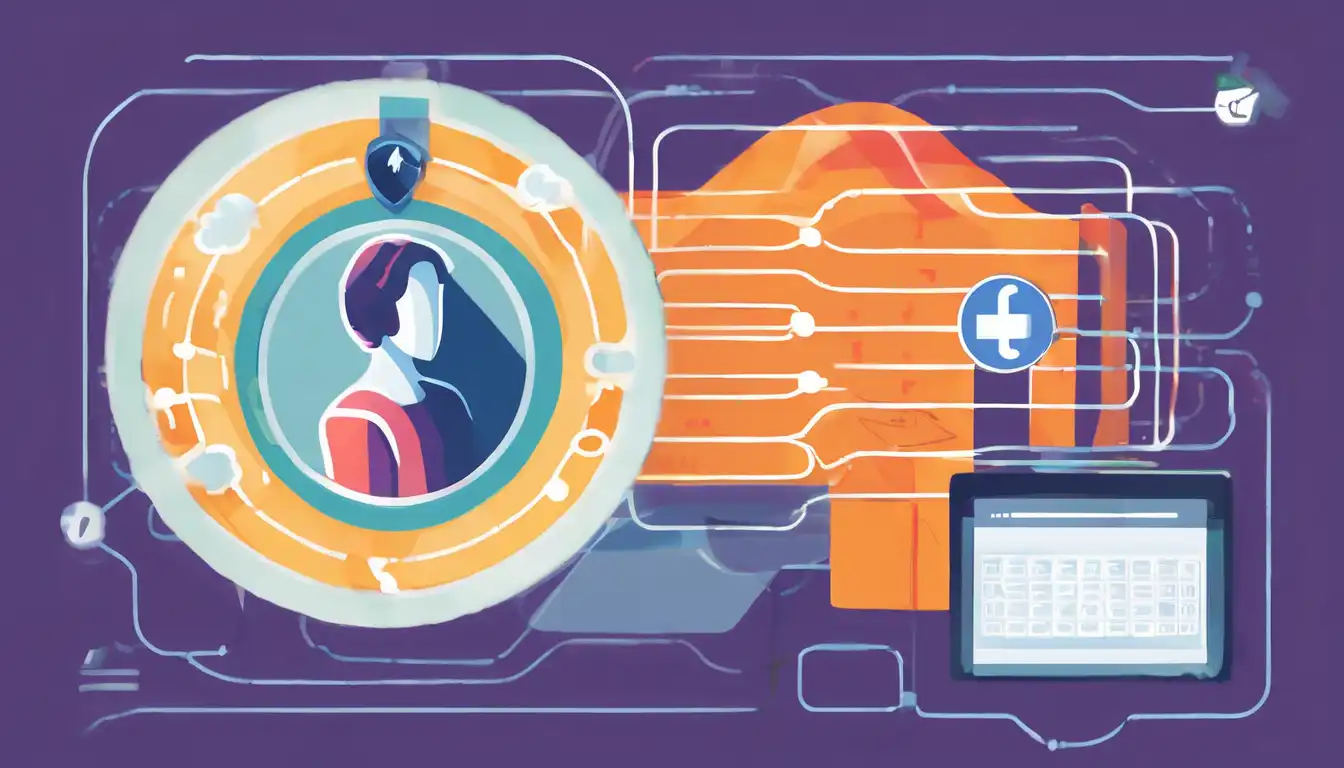Why VPNs Are Crucial for Online Privacy
In today's digital age, protecting your online privacy has never been more important. With cyber threats on the rise, a Virtual Private Network (VPN) serves as a critical tool in safeguarding your internet connection. This guide will explore the ins and outs of VPNs and how they contribute to your online privacy.
What Is a VPN?
A VPN is a service that encrypts your internet connection and hides your IP address, making your online actions virtually untraceable. This not only secures your data from hackers but also protects your privacy from ISPs and advertisers.
How Does a VPN Protect Your Privacy?
By routing your connection through a secure server, a VPN masks your real IP address, making it appear as though you're accessing the internet from a different location. This process encrypts your data, ensuring that sensitive information like passwords and credit card numbers are kept safe from prying eyes.
Choosing the Right VPN for Your Needs
Not all VPNs are created equal. When selecting a VPN, consider factors such as encryption standards, server locations, and privacy policies. Here are some key features to look for:
- Strong Encryption: Look for VPNs that offer AES-256 encryption, the gold standard in data protection.
- No-Log Policy: Ensure the VPN provider does not keep logs of your online activities.
- Global Server Network: A wide range of server locations allows for better speed and access to geo-restricted content.
The Role of VPNs in Bypassing Censorship
VPNs are not just about privacy; they also play a vital role in bypassing internet censorship. By connecting to a server in a different country, users can access websites and services that may be blocked in their own country.
Common Misconceptions About VPNs
Despite their benefits, there are several misconceptions about VPNs. One common myth is that VPNs are only for tech-savvy individuals. In reality, most VPN services are user-friendly and require minimal setup. Another misconception is that VPNs slow down your internet connection significantly. While there may be a slight decrease in speed due to encryption, the difference is often negligible with a quality VPN.
Final Thoughts on VPNs and Online Privacy
In conclusion, a VPN is an essential tool for anyone looking to enhance their online privacy and security. Whether you're browsing at home or using public Wi-Fi, a VPN provides a secure and private internet experience. Remember, in the digital world, taking proactive steps to protect your privacy is not just optional—it's necessary.
For more information on enhancing your online security, check out our guide on Internet Security Tips.
